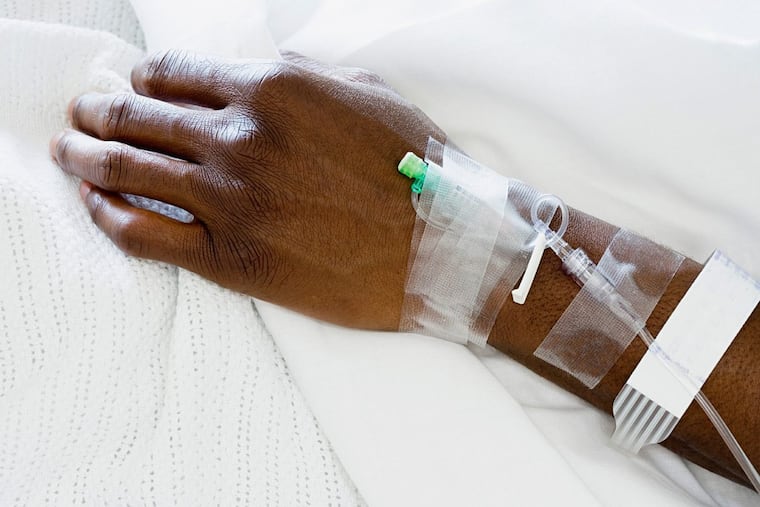GOP tax bills would slam the sickest Pennsylvanians
The tax reform bills currently making their way through Congress both have significant implications for healthcare, but they differ on one controversial element: eliminating the medical expense tax deduction. The House bill has come under sharp criticism for eliminating this deduction, largely because it would be a catastrophic move for Americans with high out-of-pocket medical expenses, a population that disproportionately includes seniors and people with disabilities.

The tax reform bills currently making their way through Congress both have significant implications for healthcare, but they differ on one controversial element: eliminating the medical expense tax deduction. The House bill has come under sharp criticism for eliminating this deduction, largely because it would be a catastrophic move for Americans with high out-of-pocket medical expenses, a population that disproportionately includes seniors and people with disabilities.
People who need access to specific medical equipment such as power wheelchairs or hearing aids, need personal health assistants to manage daily tasks, or simply have multiple medical bills related to a pregnancy or chronic health condition may pay thousands of dollars out of pocket even if they're insured. Under the current tax system, those individuals can deduct their medical expenses from their taxes if the costs exceed 10 percent of their gross adjusted income. Under the House plan, those with high out-of-pocket costs would be left out to dry.
In 2015, about 8.8 million Americans used the medical expense deduction, which totaled nearly $87 billion. Of those who used the deduction, nearly 70 percent had annual incomes below $75,000 and more than half had a member of their household who is over 65 years old, according to an analysis of IRS data by AARP's Public Policy Institute. The average medical expense tax deduction in 2014 was $9,958. In Pennsylvania over 311,00 individuals claimed an average of $11,000 on their tax returns in 2014.
Meet Beatrice from Bucks County. The Medical expense deduction has been a life-saver for her family:
Beatrice's son has a disability. He was very behind on his reading and writing skills because of a speech and language impairment. His neuropsychologist recommended that he attend a small private school that specializes in helping students with his disability. The current tax code allows for this type of schooling to be deducted as a medical expense, if the services are recommended by a physician. Without the medical tax deduction, she would not have been able to afford to send her son to this school, and he would not be able to read at a level that is allowing him to be successful in college – as an honor student at Cabrini University.
The medical expense deduction is only one of the ways that hardworking families with high medical costs will be disproportionately impacted by the tax proposal. The tax plan, currently slated for a vote in the House of Representatives this week, would give the wealthiest Americans and large corporations a tax cut worth trillions of dollars. This cut will almost certainly be paid for by cutting Medicaid, Medicare, and other critical safety net programs that millions of families in Pennsylvania rely on. They will result in individuals delaying care or forgoing care down the road, creating an even more expensive system.
On top of that, the Senate version of the bill would do away with the Affordable Care Act's Individual Mandate, an action that would result in loss of health coverage for over 13 million Americans, an increase in insurance premiums, and increased disruption and uncertainty in the individual market. Any savings to the Government would simply be a result of fewer people having health coverage.
No matter which of these provisions end up in the final version of this bill, it's a disaster for hardworking Pennsylvanians. It prioritizes tax cuts for the wealthiest at the expense of health coverage for the many.